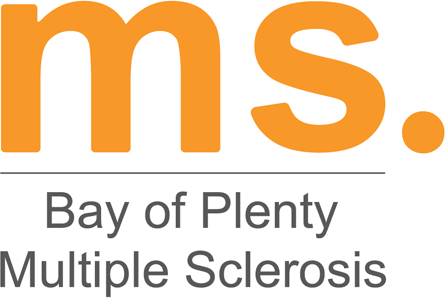Understanding Huntington's Disease
Huntington's Disease (HD) is an inherited brain disorder that causes cells in specific parts of the brain to die which result sin impairment of both mental capability and physical contril. It is a genetic disorder caused by an expanded gene. Everybody has the gene, but those who develop the disease have a longer version of the gene. the expansion causes the gene to not work properly and eventually reults in neurodegeneration. ABout one in every 10 000 people has HD, but one in every 1000 are touched by HD whether at risk, as a caregiver, family member or friend. the HD gene is dominant, which means that each child born to parent with HD has 50% chance of having the disease.
Infographic
- Among Western populations, one in every 10 000 people has HD
- The prevalence of Huntington's disease is higher among Maori
- On Average HD patients live for 10 to 30 after intial appearance of symptoms
Huntington's Disease is caused by gradual degeneration of parts of the basal ganglia called the caudate nucles and putamen. the basal ganglia are collections of nerve cells loacted at the base of the cerebrum, deep within the brain. The help smooth out and coordinate movements.
Signs and Symptoms:
Most people with HD develop signs and symptoms in their 30s or 40s, but the disease can also emerge earlier or later in life. When HD develops before the age of 20 it is referred to as Juvenile HD. Generally, the earlier that the disease develops, the faster it progresses.
HD symptoms can be divided into three main types:
- Movement: these can include involuntary movements, difficulty with balance, walking and speech
- Cognitive: these can include difficulty performing everyday tasks, problems with controlling impulses and lack of self-awareness.
- Psychiatric: these include depression, withdrawal and acting out of character
Causes and Treatment:
It is currently thought that the neurodegenerationin HD is caused by the huntingtin protein that is produced by the defective gene. Several pharmaceutical companies are trialling drugs that reduce the production of the huntingtin protein.
Medication can help to improve the movement and psychiatric symptoms of HD, but there is currently no cure. The different types of therapy that may improve quality of life for those with HD include speech, physical, occupational and psychotherapy.
Reference Links:
Neurological Foundation
Brain Research NZ
Support Organisations:

